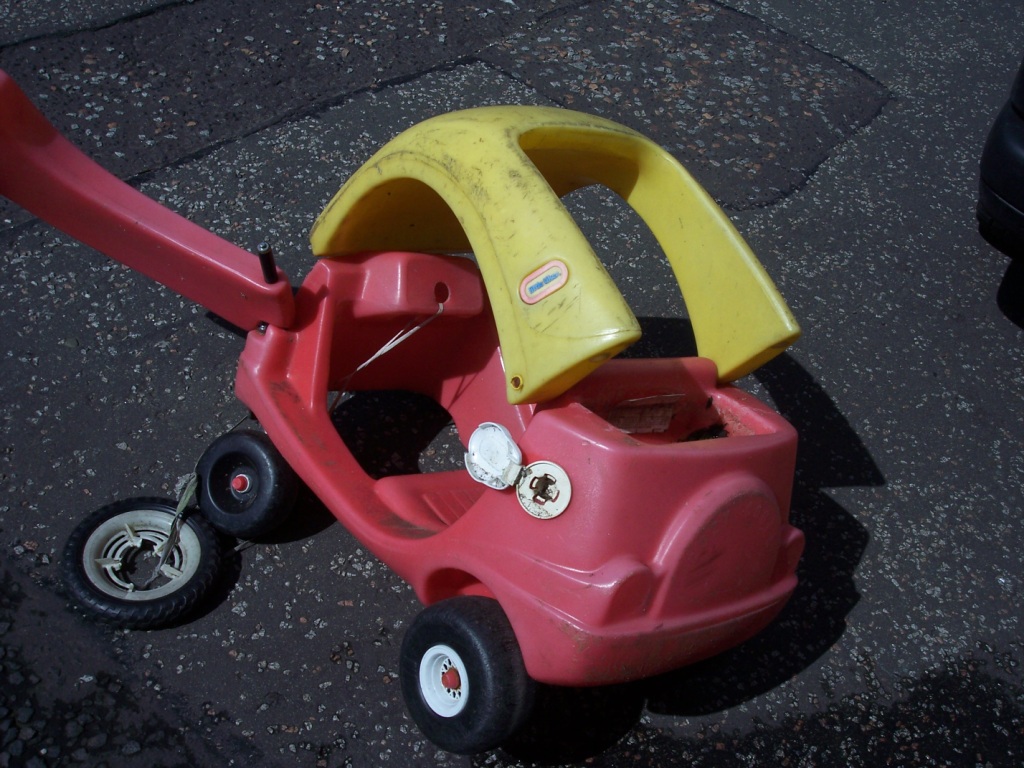Whenever self-driving are discussed, almost everyone — the media, tech podcasts, twitter, your uncle — universally asserts that “humans are bad drivers,” usually adding something to the affect of “we need machines to save us from ourselves.” As a contrarian through and through, foregone conclusions like that immediately trigger my gag reflex.
I don’t think humans are bad drivers and I more importantly I don’t agree with the tone of the conversation.
It is true that Google’s autonomous vehicle programs has an incredible safety record, having driven 1.6 million kilometres and only caused 12 minor accidents. However, those statistics alone don’t paint the entire picture.
To compare the raw driving abilities of robots vs humans, you have to level the playing field. Looking at the entirety of driving statistics, compared to the entirety of Google’s testing is not at all level. Google’s cars are driving under ideal road conditions (they can’t handle rain or snow), with precise GPS based instructions, on nice roads, in a well-maintained car.
In order to compare the safety records of humans and robots, you would have to at the very least rule out all collisions that occurred under less than ideal driving conditions, with improperly maintained cars, on bad roads, by drivers not following GPS, etc. You should probably also rule out all collisions caused by inexperienced, since robots have perfect knowledge of driving rules and car physics. Given a level playing field against the current state of robotics, I suspect an random sampling of human-Americans driving the equivalent to Google’s fleet would result in similar safety statistics. I could be wrong, but I’ve never heard of a study comparing these factors.
It is the soft skills surrounding driving that humans are less than perfect terrible at. A short list of things that we are bad at:
- staying awake for long periods of time
- staying focused
- reaction time
- stopping themselves from driving too drunk
- driving for the road conditions
- following traffic at appropriate distances
- etc, etc.
By removing the human element from the equation, a whole slew of potentially dangerous activities can be eliminated from the roadways. Case closed.
Except, this changes the fundamental question from “are robots better drivers than humans,” to a question of human fallibility versus software fallibility, ie. does software make a fatal mistake more or less often than a human.
While I believe this is at least in part what the manufacturers are trying to determine with real world road test. The scale of these test is much much too small. According to the US Federal Highways Administration, Americans drive an average of 341,000 miles per hour! Meaning, every 3 hours Americans drive as many miles as the entirety of miles Google has logged to date. The level of software reliability required for the scale of the US driving machine is orders of magnitude greater than what has been tested to date. Is software in other mass install bases this reliable? How many blue screens of death per hour does the world receive in aggregate?
The world where robots are better at driving than humans, under a variety of conditions, en masse, seems like a long way away. I think that everyone from Joe Q Public to knowledgable tech pundits are drastically under-estimating the difficulty of this problem.
More importantly thought, statements like “humans are bad drivers that need to be replaced by robots” expresses a human inferiority complex that is completely unfounded in 2016. If we’re going to go around saying shit like this, the robot overlords have already won.

Leave a Reply
Only people in my network can comment.